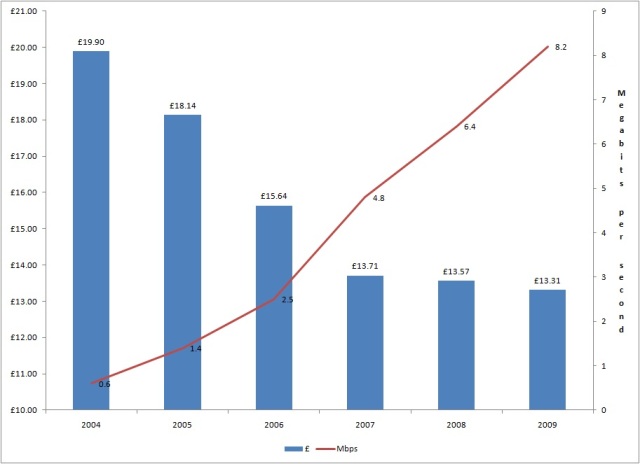According to Newsnight, yes: according to the French people, no.
It’s certainly an interesting study of the contrasting approaches of the British and the French people: one apparently passively accepting of a fate of having to work longer, at last partly on the grounds of the state of the country’s finances; one prepared to get off (or on!) their backsides to do something to ensure that political decisions reflect social concerns.
The video on the BBC site is illustrative: it is concerned solely with the disruption to travel arrangements caused by the French strikes (against the background of the Tube strikes also taking place today). But that’s kind of the point – French people, 75% of whom support the strikes, according to the video, are prepared to accept the disruption to ensure their voices are heard; in this country, our approach to taking action is to make unimaginative, mean-minded and frankly depressing complaints about the short-term effects on our individual daily lives. It’s a sign of the lack of collectivism in this country, the lack of a willingness to engage to change things and, in view of the political and social agenda for much of the last thirty years, based as it has been on viewing no alternatives and on a lack of a willingness to listen to public protests, that’s actually entirely understandable. As trade unionists, it’s our job to seek to continue to change that view, both amongst the people and in politics. Are the French people set against reform? No – but fair reforms mean having a voice in what they are, and in what they eventually look like as regards their social impact.
As regards retirement, it’s not a question of people being forced to retire at a certain age – of course people should be allowed to work longer if they want to. What it is about is ensuring that people aren’t compelled to do so because they can’t afford to retire. Social progress can still be achieved where we realise that we don’t have to accept a passive fate; that we do have choices to make, both as a people and as individuals; and that social advance can be realised where we realise that this is still a rich country fully capable of making the choices which delivers progress. But it won’t just fall into our laps.
Time to Wake up the Nation, indeed …
